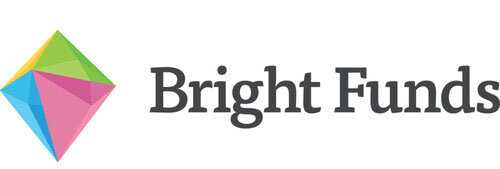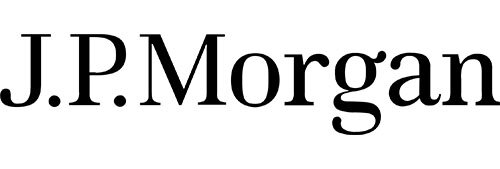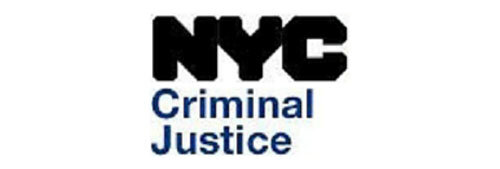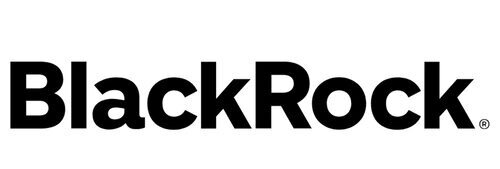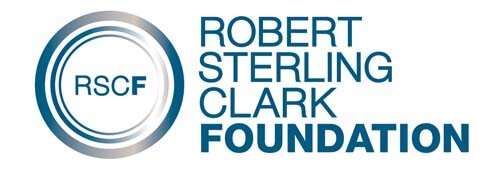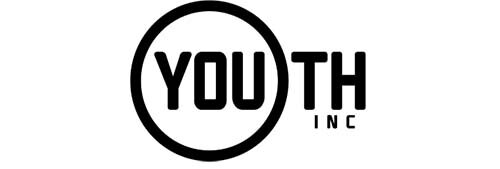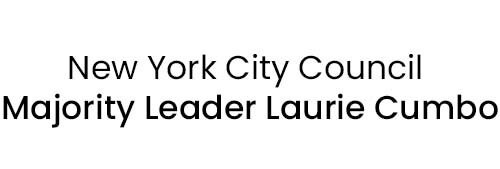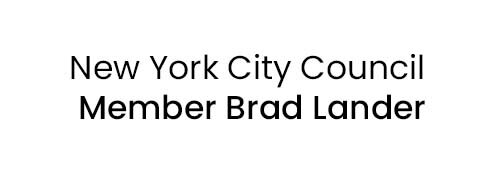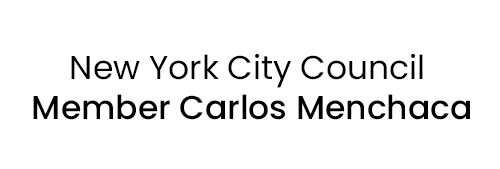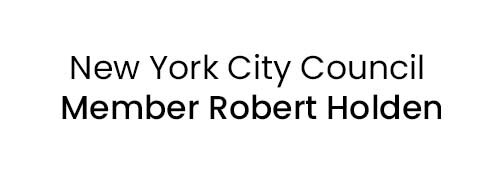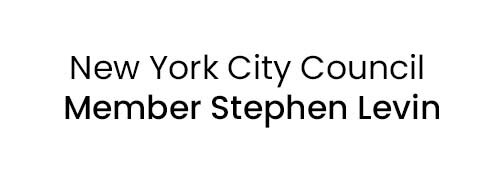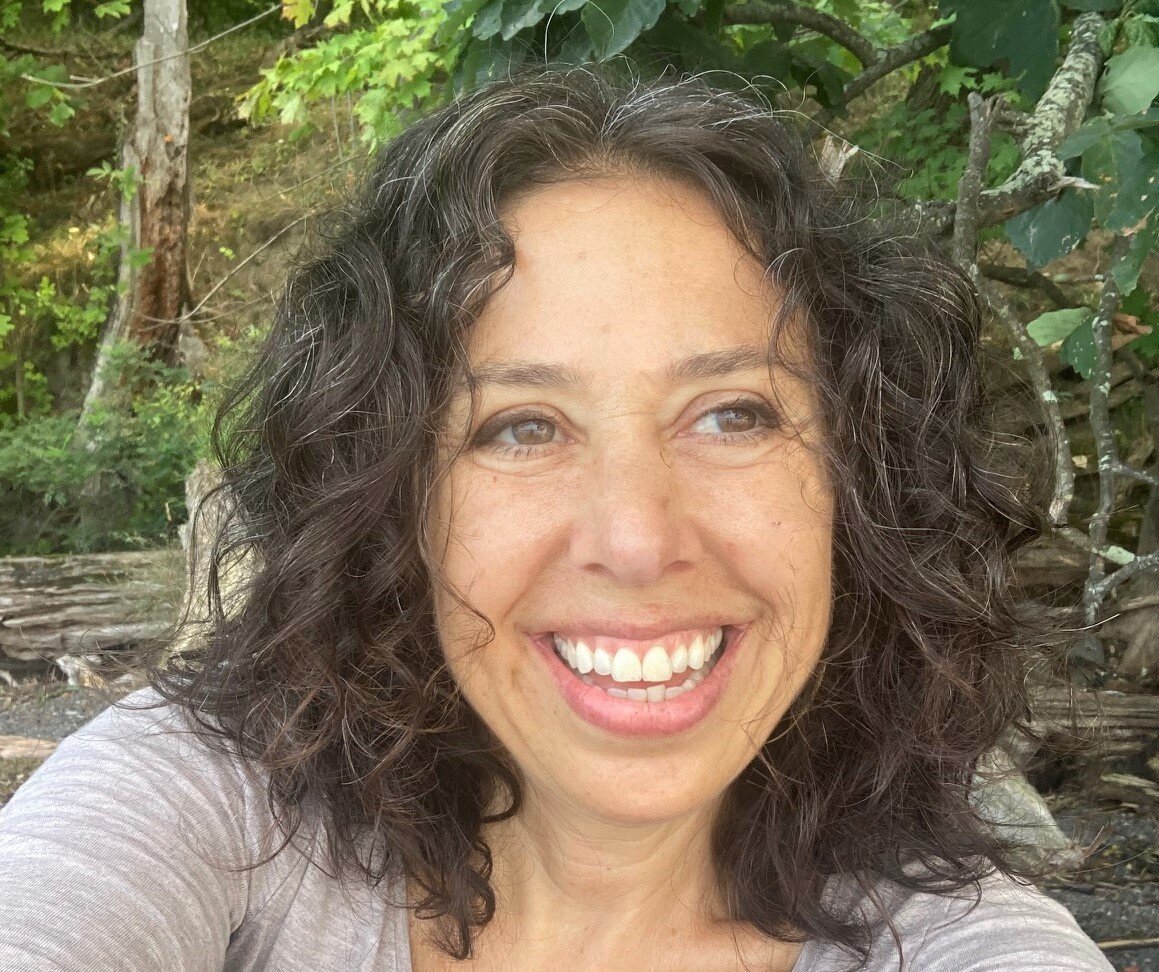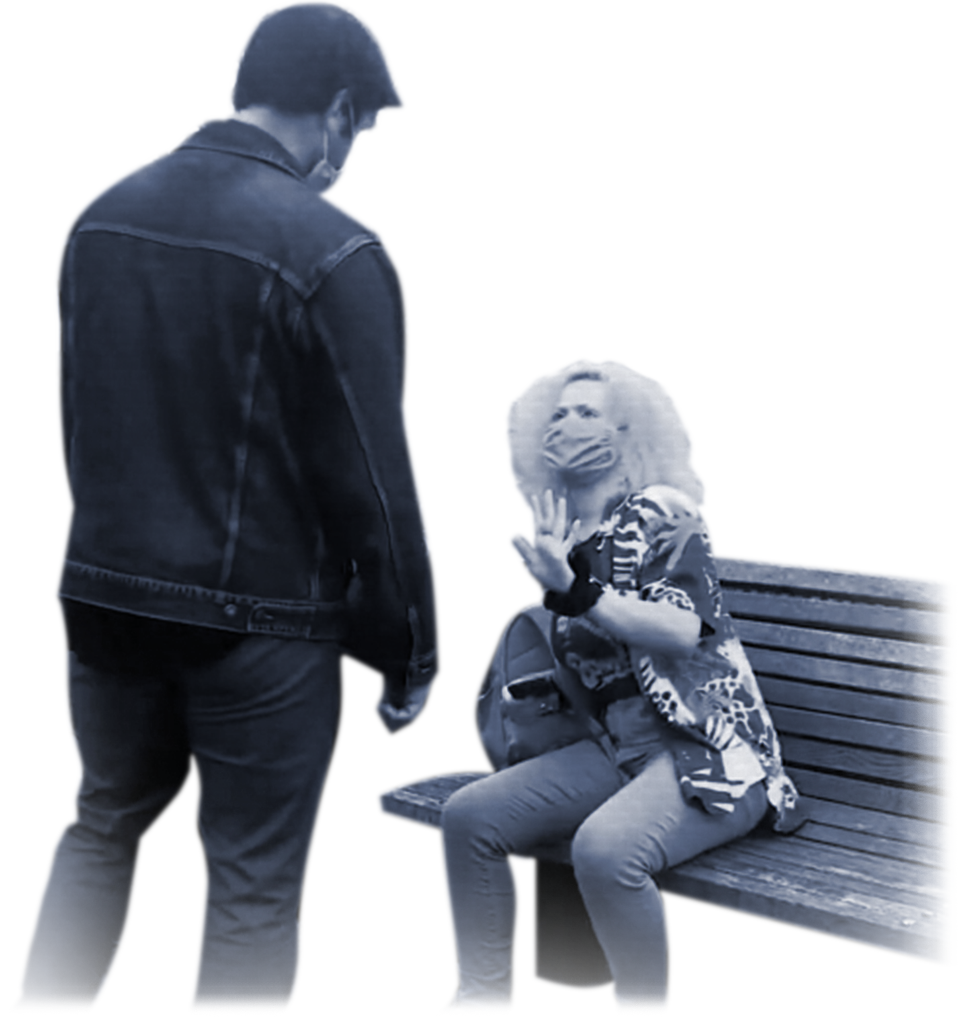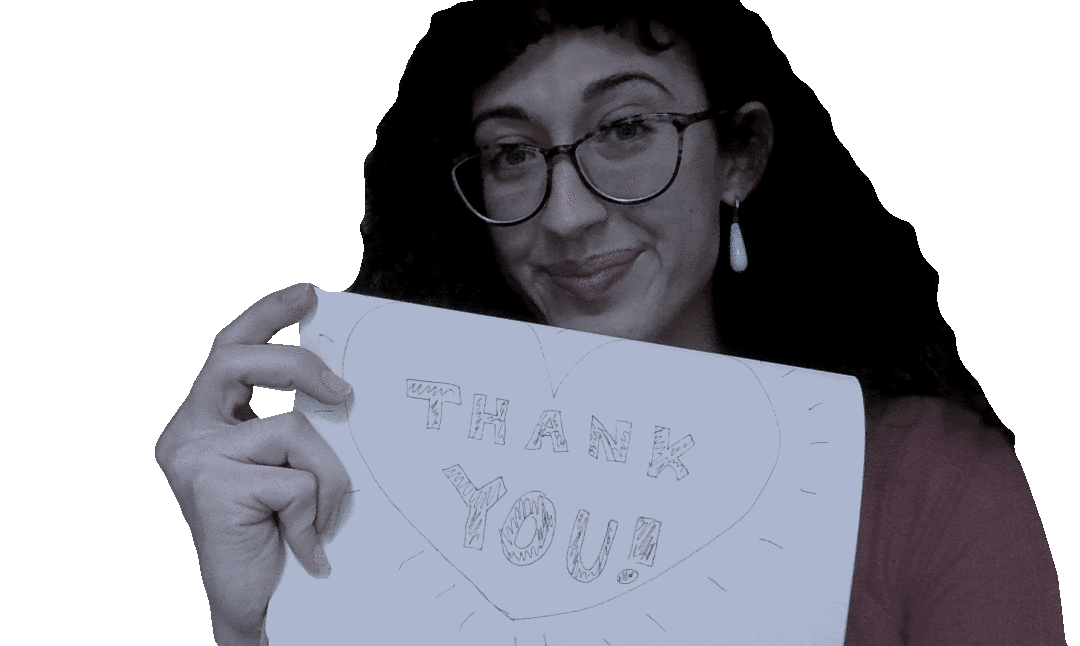
FY21 Annual Report
Impact | Programming | Our Approach | A Look Ahead | Financials
This covers the education year July 1, 2020 - June 30, 2021
Letter from the Board Chair
These past 18 months have been incredibly difficult for all of us, but the communities served by CAE continue to suffer an increasingly disproportionate level of violence and discrimination.
And so, our voices against fear and hate have grown louder and more persistent. We are looking to build communities that demand change, embrace diversity and thrive on equity.
As CAE’s board chair, I am incredibly proud to have seen our programs and services accessed by more than 6,500 people in the last year alone, a more than 100% increase from before the pandemic. In the midst of this unbelievably challenging period, CAE has remained committed to helping our communities prevent, disrupt, and heal from hate violence. We rapidly expanded our self-defense and Upstander programming in response to the significant increase in Xenophobia, largely against Asian American & Pacific Islander communities. And virtual workshops enabled us to expand our geographic reach — more than 30% of the people served were from outside NYC, across the US and internationally.
Each time we witness another injustice, I call on all of us to remember that this is the opportunity to harness the collective power of our voices and actions.
And CAE will be there to keep showing us that there is a way to stand against violence as we rebuild.
I sincerely thank all of you - our donors, supporters and communities, who make it possible to keep striving for a safe and just world.
David Barbee
CAE Chair of the Board of Directors
Letter from Executive Director
The many weights of the last 18 months keep me grateful for each ray of light.
After the March shootings in Atlanta, teens in CAE’s afterschool program gathered to ask questions and process what they were experiencing. The teens were distraught. When they closed out their time together, each went around the circle of Zoom faces naming one thing that gave them hope for the future. “This group” echoed widely.
And that is my ray of hope - all the people who came together, asking “what can we do?
In the past year, more than 6,500 people showed up for CAE’s programs. CAE does not have all the answers. What we do have is the ability to bring folks together to see that they are not alone, to build their anti-violence tools, and to discuss alternatives to the violence we are surrounded by.
In this moment of visible hate violence and the ongoing violence that does not hit the front page, CAE’s staff went above and beyond. They continued to develop and evolve new virtual rapid response programs that supported our communities through each new urgency. They also continued to promote our long-term prevention strategies, including our multi-year programs with girls and gender-nonconforming youth. Our long term partnerships strengthened, allowing us to bring anti-violence tools and messages well beyond the communities we were in direct contact with. Because of the Asian American Federation, we were able to create accessible training videos, illustrated safety tips in multiple languages and workshops disseminated to hundreds of their members.
We also piloted a Training of Trainers program, equipping facilitators from a diversity of workplaces to train their staff and membership as Upstanders, in languages and cultural contexts specific to each community. Partners ranged from Doctors Without Borders to the NYC Commission on Human Rights to 32BJ Service Employees International Union. And twelve different corporations contracted us to provide interactive training for their employees who were grappling with the human toll from the current rise in Xenophobia and long standing racial bias injustice and sexual and gender-based discrimination. They wanted a forum to gather and gain tools to de-escalate and repair harm in their workplaces.
This past year at CAE was a swirl of rapid response, adaptability, flexibility and a front row to how widespread trauma is in our society. As we move forward into the coming year, may we all persist in seeing the humanity in ourselves and each other, in envisioning the world we want to live in, and in healing. I thank you for being on this journey with us.
In solidarity,
Loren
Our Mission
The Center for Anti-Violence Education works to prevent and disrupt sexual, gender and hate-based violence.
We do this through educational programs that center the experiences of the most marginalized people in our communities. The pillars of this work are empowerment self-defense - so those most at risk build tools to stay safer, and Upstander skills - so everyone can more effectively disrupt and help heal from the violence around us.

Impact
As each new incident of bias, harassment, assault and murder brought the reality of hate violence closer to home for an increasing number of communities, our work was dominated by two things: keeping programs responsive to the current urgencies and continuing long-term education for prevention. Partnerships made our scope and reach possible. 75% of people served were through partnerships with community organizations, hospitals, government entities and other workplaces. We also utilized new educational platforms and modalities to plant seeds for anti-violence messages and tools to ripple far beyond the day-to-day work we could track, such as by posting accessible safety guidance online and training trainers to bring Upstander tools to their communities.
6,571 People Gained CAE’s Anti-Violence Tools
CAE trained double the number of young people and adults than in years past through empowerment self-defense and techniques for being an Upstander to violence against others. Partnerships with organizations of communities made this possible.
181 Workshops & Trainings Facilitated
Demand surged for Empowerment Self-Defense and Upstander training. We doubled the numbers of people served from years past, though that still did not meet demand. By March 2021, workshops that typically served 15-25 participants were averaging 100+.
Five New Rapid Response Workshops Developed
As stress around hate violence grew, CAE created rapid response workshop curricula to respond to the moment. In May, 302 adults attended “Right to Be Safe: Responding to Anti-Asian Harassment and Violence” and another 300 attended an Upstander training to support delivery workers being harassed, most of whom were Spanish speaking immigrants.
30% Increased Accessibility
Moving to virtual platforms meant CAE could engage a new range of people in training, including more seniors, parents at home with children, people at high risk of street violence, and people with disabilities or vulnerable health conditions. While work in NYC grew by 50%, we also served a new cohort: 30% of those served came from beyond NYC, across the US and as far away as Japan, Italy and Germany.
Expansion of Long-term, Transformational Youth Programming
22 trained High School Peer Educators created a ripple effect against violence, sharing anti-violence tools with 1,878 young people ages 10-18 . Peer Educators worked with CAE staff to adapt CAE’s tools for their peers and to facilitate workshops and community conversations on Zoom as well as at protests and marches, and across social media platforms.
In the News

Programming
CAE’s educational work built understanding of interpersonal violence in the context of broader systems of violence and oppression. Thousands of people came to CAE's programs looking to keep themselves safer from risks of violence. They, and thousands more, also came looking to help disrupt the violence surrounding us. Participants walked away with concrete tools and techniques, and the knowledge they were not alone.
Empowerment
Self Defense
CAE facilitated 73 Empowerment Self-Defense workshops for 2,734 adults, teaching tools that included physical self-defense techniques rooted in martial arts; safety stances for avoiding physical danger in confined spaces; environmental awareness for creating safety options and reducing entry to harmful situations; and verbal assertiveness, de-escalation skills and non-violent communication tools.
A total of 96% of those who participated in Empowerment Self-Defense workshops reported feeling empowered to defend themselves if necessary.
“I felt cornered the last time I was harassed. Now I know I can pivot and get out."
“I also learned that there are things I can do to try and avoid physical confrontation [non-violent communication] like stating that I'm not comfortable, in an assertive manner.”
“Particularly valuable was the how and the why of the various moves that was explained throughout the training, along with all the practice. It really helped to get me in a more prepared and less fearful mindset, knowing what I can look out for and why a certain block or hit may work or not.”
Upstander
CAE facilitated 67 Upstander workshops for 2522 adults, teaching tools for situations that included: active bystander interventions with strangers on the subway or street; disrupting microaggressions in the workplace; understanding the current surge of violence against AAPI community against the history of xenophobia in the US; strategies for building a culture of consent; and becoming a better ally to youth and adults who are transgender.
87% of participants to Upstander workshops learned one of the core principles to being an Upstander is putting the needs of the person being targeted above what the Upstander thinks is best.
“The most valuable lesson was that you can intervene in ways just by causing a distraction or asking a simple question. I think I’ve been nervous to intervene in the past in fear of escalating situations more but the examples presented were easy to put into real life.”
“I will be more mindful of how I ask for consent and how I give consent. I’ll also normalize that consent is not static and changes.”
“There were so many valuable things mentioned in this workshop and one minor but valuable thing mentioned at the end was breathing. I don’t often pay attention to my breathing patterns and how I’m feeling which can cause me to explode or not be mindful with others in terms of communication. Having that self-awareness is important so that we can give respect as well as receive it.“
Youth Programs
Youth programs served young people ages 10-18 in short-term workshops and year-round, multi-year programs. Our year-round afterschool empowerment program, “Power, Action, Change for Teens” PACT, nearly doubled in size, engaging 83 middle school and high school girls and non binary youth in the weekly virtual program. By hosting workshops and community conversations in partnership with schools, youth programs, local groups and more, 1,878 young people had access to anti-violence tools. CAE's 22 trained High School Peer Educator interns were instrumental in this work, not only in helping to adapt CAE's youth programs to be responsive to what this moment demanded, but by also facilitating workshops and dialogues with their peers on Zoom, across social media platforms and at protests and marches.
After participating in a youth program: 95% feel more like they are worth defending; 85% report having more choices of what they can do if they are disrespected or harassed.
“It’s empowering to click on the Zoom link because it’s the type of support you don’t find in NYC all the time.”
”I love how I am not the only one alone with all these thoughts running around in my mind. During quarantine I wasn’t at my best state and I feel like it’s so calming knowing I’m not the only one.”
“I don’t think I would be as confident in all aspects of my life if it wasn’t for PACT [Power Action Change for Teens].”
“PACT means to me a place where I can be like, okay, I’m not the only one who has gone through this or seen these issues. It makes me not feel alone.”
In addition to training other young people, Peer Educators worked with NYC public school teachers to discuss strategies to support marginalized youth in their classrooms throughout the pandemic.
“Be patient, be kind, have empathy and make the effort to know your students. It makes a difference in their lives and yours.”
“I see that listening to young people as a whole person, without judgement or assumptions, can be impactful to them.”
“With the events happening around the world that speak to racism, transphobia, xenophobia, gender based violence and more, we can offer space for youth to process and share what they are going through. If you as a teacher are not able or don’t feel comfortable, find other teachers to have that conversation with your young people.”
Corporate Outreach
We experienced a seven-fold increase in the numbers of companies responding to demand from their employees for conversations around microaggressions in the workplace and the rise of xenophobia. We facilitated 44 workshops for 28 workplaces, the majority of which were financial institutions. 2,690 of the people served overall were through their workplaces.
28 Corporations and businesses reached out for trainings of their employees
“I really appreciate the specific focus on workplace settings and scenarios. It's so useful to work through these situations in a group and think on strategies for responding -- as a White person I'm especially grateful for reminders about ways to interrupt racist/xenophobic microaggressions.”
“I gained overall knowledge on how to cope and deal with adversity issues in the work place. I've gained great strategies to call people in and de-escalate difficult situations.”

Our Approach
We are intersectional feminists who strive to center the humanity in us all. We bring an anti-racist trauma-informed lens to all work, prioritizing the needs of girls & women (cis and trans), people who are Transgender, Gender-Nonconforming and LGBQ+, particularly those at increased risk from racism and xenophobia. Being safe is a right, not a privilege, and we strive for broad access to our tools by making accommodations across a range of abilities and income levels, including with sliding scale fees and programs that are free.
43% of CAE participants report having experienced at least one form of violence, with relationship violence, sexual assault and hate crimes among the single largest forms of violence experienced.
Sexual assault, rape and abuse continued to be among the most ubiquitous forms of violence. This violence most commonly occurs through intimate partnerships, with acquaintances or in families. Sexual violence continued to touch all genders with twice the number of women than men reporting experiences of sexual violence in their lifetimes.
The public scapegoating and accusations of responsibility for COVID-19 hit Asian and Pacific Islanders hard. Jewish and Immigrant communities were also targeted, signaling a normalization of hate violence that escalated to harassment, physical assault and murder of AAPI Americans, who were disproportionately women and seniors.
Along with new targets of hate violence, violence against black and brown folks persisted, even amidst the widespread, visible organizing against police violence. Record numbers of people, significant numbers of them white, reached out to CAE to deepen understanding of xenophobia and racial injustice, and to look with new eyes at their own actions and mindsets that have contributed to perpetuating the experiences of white bodies as the societal norm.
Incidents against LGBTQ+ communities also persisted. Less publicized were the savagely brutal murders of transgender and gender nonconforming people, most of whom were Black or Latina women.
Hate violence
CAE’s goal in engaging our communities to respond to the rising Xenophobia, most violently against AAPI communities, was to make connections with the history and legacy of Xenophobia against multiple groups in the United States AND to see Xenophobia as a manifestation of hate violence, which includes long standing racism against black and brown communities and homophobia and transphobia against LGBTQ+ communities.
Gender-based Violence
As violence against women remains one of the most widespread, unchecked forms of violence, and is still not recognized in the United States as hate violence, and trans women, particularly trans women of color are disproportionately targeted, CAE persisted in bringing an intersectional, gender-based lens to all of our programming.
Sexual Violence
CAE continued to take a harm reduction approach to increase access for those in abusive relationships or home situations. People who came to virtual self-defense classes learned techniques and strategies to mitigate risks and get to safety - from de-escalation skills, to nonviolent communication, to physical blocks and strikes specific to small spaces like NYC apartments.

A Look Ahead
Throughout the summer, CAE’s Peer Educators trained to bring anti-violence tools to their peers, through workshops, social media platforms, community conversations and more. As the school year unfolds, Peer Educators will also help mentor, develop programming and facilitate our afterschool PACT sessions.
In our work with adults, we will continue to respond to requests for workshops for the staff and constituencies of community organizations, social service agencies, workplaces and other partners. We will also pilot the development of video training materials and we will stand ready to adapt our curricula in ways that stay responsive as new issues emerge. With health and safety protocols still unclear, and to stay adaptable and responsive in this uncertain economic climate, CAE will primarily run programs virtually. We thank you for being a part of this work and helping to make it possible.
Impact | Programming | Our Approach | A Look Ahead | Financials
Anti-Hate safety tips and resources for those most at risk, developed through our partnership with the Asian American Federation.
Verbal De-Escalation Strategies:
English | Japanese | Korean |
Simplified Chinese | Tagalog | Traditional Chinese | Vietnamese
Physical Self-Defense Strategies:
English | Japanese | Korean |
Simplified Chinese | Tagalog | Traditional Chinese | Vietnamese
Non-Violent Communications (NVC) Strategies:
English | Japanese | Korean | Simplified Chinese | Tagalog | Traditional Chinese | Vietnamese
5 “D’s” of Being an Upstander:
English | Japanese | Korean |
Simplified Chinese | Tagalog |
Traditional Chinese | Vietnamese
Financials
Revenue
Government Contracts: $265,250,
Grants & Foundations: $269,821
Special Events & Individual Donations: $158,676
Fee For Service Workshops: $100,000
Other Revenue: $16,722
Expenses
Personnel Costs: $538,187
Operating Expenses: $140,724
Program Supplies: $12,998

We are extremely grateful to all of our donors, too numerous to list here, who keep this work going. Thank you.
